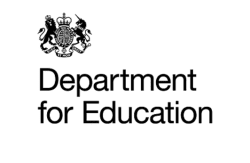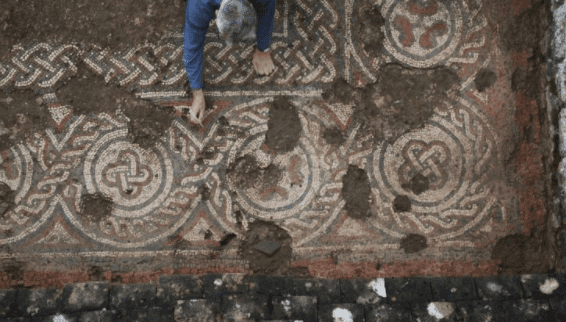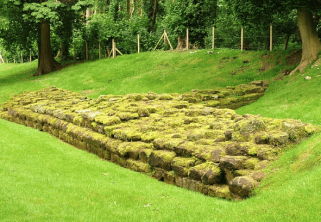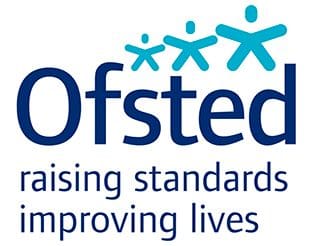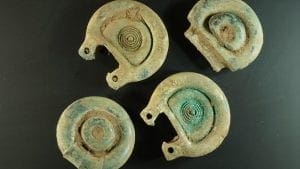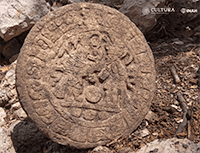
In a speech delivered last week, July 21,2021, we had to read, or listen to, the same ill-informed clap-trap from a government minister banging on about the knowledge-rich curriculum as if that was the only issue that mattered. in history education. Here are 5 good reasons why you should not listen to what he has to say.
Reason 1
He seems to think that the knowledge-rich curriculum approach is the only one that works. This flies in the face of the OFSTED report of recent research findings (July 2021) which says that it is not just substantive knowledge that matters, but it is the interplay with disciplinary knowledge that brings real success. This has been the unswerving belief of our website for the last 13 years!
Reason 2
Gibb thinks that more content, however poorly understood is a good thing.
Here is his example. E.D. Hirsch showed what is possible with his Core Knowledge Curriculum. In his book ‘What Your Fifth Grader Needs to Know’, he shows that 10-11 year-old pupils – equivalent to our last year of primary school – can learn an incredible amount.
In just a single academic year, they will cover the Maya, Aztecs and Incas; the discovery of the ‘New World’, including the transatlantic slave trade; the European Renaissance and Reformation, including the role played by Muslim scholars in contributing to discoveries in maths and science; 15th to 18th century England; Russia; Japanese history; Westward Expansion in North America; the US Civil War and Reconstruction; and Native Americans and the impact of settlers.
This is an incredible amount of subject content. We need to be ambitious for what our children and young people can achieve – because they can do it.
Sounds impressive doesn’t it. But is he really saying that 10 year-olds learn all Japanese history? Everything in English history between 1400 and 1800? All about Russia? This is clearly simply ludicrous! Without any mention of the depth of knowledge achieved, this is utterly meaningless.
Reason 3
He doesn’t even seem to understand what is actually being taught in English schools at the moment. Throughout their time in school, he says, all British pupils can learn about the arc of history, from the ancient kingdoms of Mesopotamia, Egypt, Greece and China, to a millennium of British history up to the two World Wars and the fall of the Berlin Wall.
This is simply wrong. A very large number of schools I talk to, backed up by the Historical Association’s recent survey, fail to cover the fall of the Berlin Wall because there is simply not enough curriculum time at KS3. At KS4 it does not even feature on all GCSE syllabi and not all students are able to take GCSE history anyway!! Whose decision?This government’s!
Reason 4
He makes the point that pupils need to know the background to current affairs events in the world today.
To understand the situation in Israel and Palestine, he says, we need to give young people important facts about the world.
We need to teach them about the Balfour Declaration and the Six Day War. We need to teach them about the religious significance of Jerusalem to both Jews and Muslims. We need to teach them about the expansion of Jewish settlements.
The aim is not to prejudice children; it is to give them the facts so that they can then make informed analysis themselves. It is to provide them with the knowledge they need to understand and to challenge and to form their own views.
Nobody would argue with this, but for one vital inconvenient problem: This topic is not currently taught to the vast majority of English school pupils who are following the very National Curriculum that Gibb was instrumental in devising and championing! You couldn’t make it up!
Reason 5
He seems to want pupils to be equipped with the very skills that a disciplinary knowledge in history would give them and yet he is scornful of any talk of skills or concepts of the historian’s craft. He is very fond of quoting Daisy Christodoulou who has achieved a certain notoriety by deconstructing the supposed myth that the way to develop pupil expertise in subjects like science or history is to teach them to think like expert scientists or expert historians.
And yet he expects “young people to be able to tell the difference between truths and falsehoods” without seeing how expert historians do it! How on earth are pupils to see that there is more than one version of history if Gibb just wants to force feed them his own preferred version and to deny them the very experience of evaluating evidence they need to flourish in today’s fake news society.
He says: It is our moral duty to teach them important facts and truths, delivered through a well-sequenced, knowledge-rich curriculum. To which I would add that it is an even more important duty to make sure that the necessary knowledge-rich curriculum is enhanced by the sufficiency that only the inclusion of complimentary disciplinary knowledge brings.

